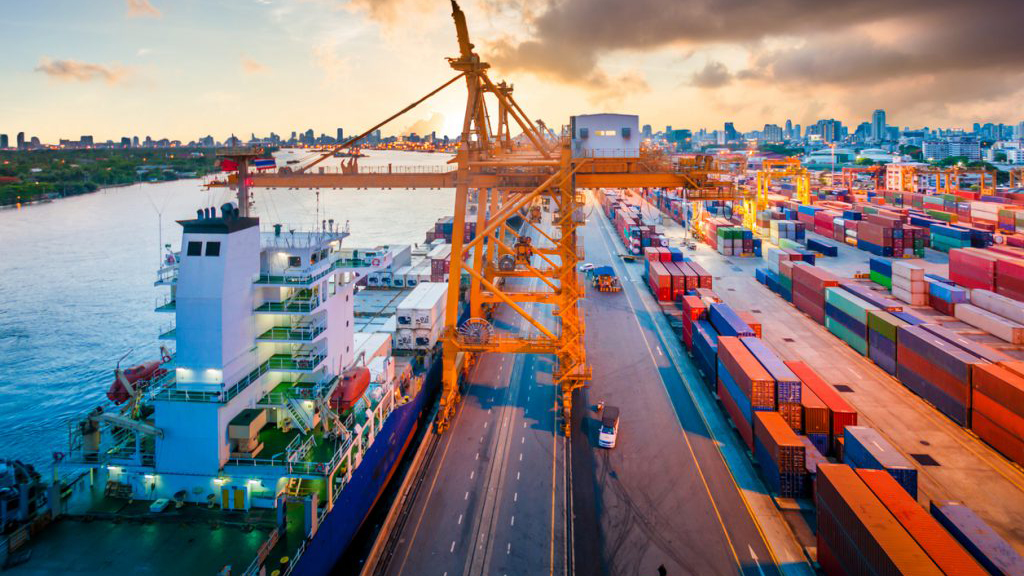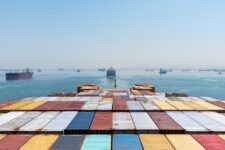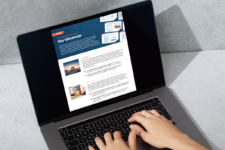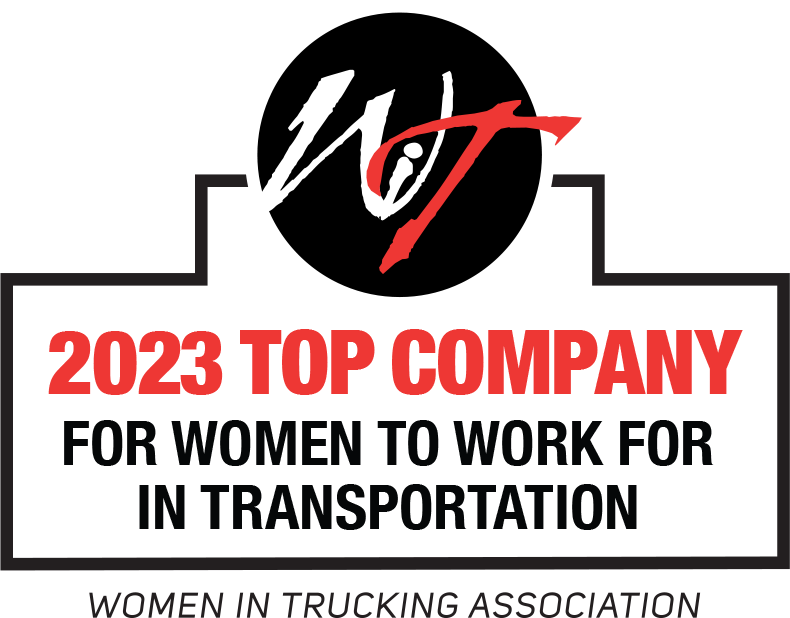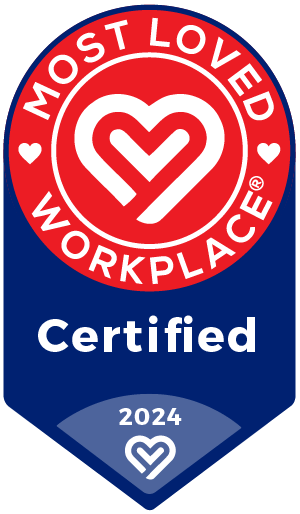Shipping internationally is a complicated and sometimes arduous process. Trade wars, carrier alliances and capacity issues are all contributing to rising international shipping costs. And while importers are busy trying to determine which of their products may be subject to higher tariffs, most are not considering the impact to the cost of the containers used to ship them. Because among the items affected by the newly proposed tariffs are both the containers themselves and the transporting equipment used to move these goods.
In late March, the US imposed a 25% tariff on imported steel and a 10% tariff on imported aluminum. On July 6, the United States imposed tariffs on $34 billion worth of goods imported from China. Another $16 billion in tariffs is in the public comment and review period, and are expected to go into effect later this summer. Included in these round two tariffs is a 25% tax on shipping containers. A third round of proposed tariffs, sailing in at a whopping $200 billion, were announced in early July and are currently in the public comment and review phase. Round three brings a 10% duty on container chassis.
The trickledown effect.
Most shippers don’t own the containers used to move their goods across the world. For a lower volume of shipments, it doesn’t make fiscal sense to invest in containers. They’re most often owned by the carrier, who includes the cost of using their property in the ocean rates. If the cost of shipping containers is about to go up, in order to keep their bottom lines even, ocean rates will have to go up as well.
The reality is domestic production volume isn’t able to meet the need of container production, and even if they were, containers are made of steel which is currently subjected to the 25% tariff. Since both shipping containers and the chassis they’re transported on go through a lot of wear and tear, they frequently need to be replaced. On top of that, newer chassis come with the latest safety features that are very attractive to carriers, so many aren’t investing in refurbishing outdated equipment and are opting for new ones.
What can be done?
All signs point to international shipping becoming more expensive. The largest importers can leverage their volume and network to get ideal rates, but the small to medium sized businesses are often left footing the bill. A 3PL with international experience can leverage the volume of their combined clients’ portfolio, providing their shippers access to better rates. AFS has the international expertise to manage your shipments, increase supply chain efficiencies and help you navigate the complex world of international trade, call us today at 877-242-3383 to get started.
For a complete list of the $34 billion worth of goods already subject to 25% tariffs and the $16 billion currently under review, click here. For the full list of $200 billion worth of Chinese goods under review for the 10% tariff, click here.
